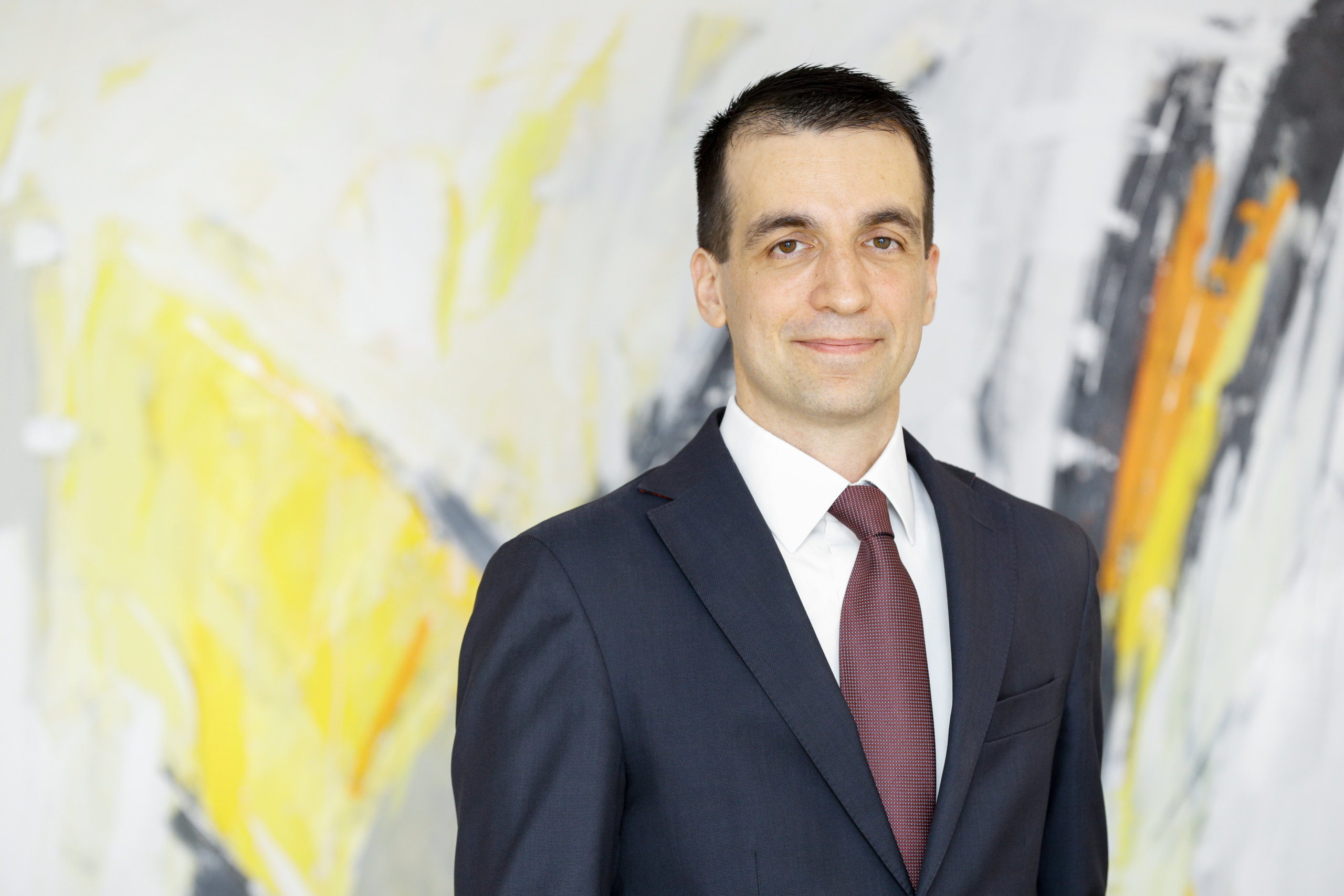Matteo Somaini, President at Lugano Commodity Trading Association, Interview by Corriere del Ticino
Published on March 9, 2021 – translated in English by LCTA

Ticino is experiencing good growth in the commodities trading sector. What are the characteristics that enable this trend?
Many characteristic elements of the “Swiss System” are fundamental for the sector, to name just a few: political stability and legal certainty, tax conditions and a banking system that is traditionally active in the commodity trade finance. In the leading cantons in terms of intensity of activity in the sector, these aspects are complemented by the availability of skills, which mainly stems from historical reasons, from the establishment over time of some companies that have subsequently become leaders in their respective markets. The consequent ability to attract talent and subsequent spin-offs have created a virtuous circle in the most active cantons – and Ticino is no exception – that has led us to the data published in recent days.
Your association is committed to this growth. What are the main initiatives you plan to take in the future to support the sector?
The virtuous circle I referred to earlier must be supported and nurtured so that it continues to create value and growth. LCTA has been active for ten years, during which we have been committed to training new human resources and offering continuing education opportunities to those already employed. In parallel, the association carries out continuous communication with stakeholders and promotion activities to foster the development of new relationships and keep the soil fertile for the establishment of new businesses and the growth of existing ones. We will of course continue with these activities and are gearing up for new challenges. Competitiveness will also depend on new factors; there will be technological aspects and process efficiency on which we will have to work as a sector, in a coordinated manner, involving players at different levels of our supply chains. The cantonal trade associations, and STSA at federal level, are the right places to address these issues and develop solutions that will allow the “Swiss System” to remain at the top of the world.
It is said that this type of business is ‘volatile’. Is this true?
It depends on the noun to which you attach the adjective ‘volatile’. If we talk about the more speculative aspects fundamentally linked to financial markets, we would have to open a long debate, but commodity trading at international level is probably one of the oldest activities that still takes place on a large scale, and it has basically remained unchanged over the centuries. I would add that the largest companies in the sector have a fair amount of longevity, so all in all it is a pretty solid and traditional business, serving basic needs such as the supply of materials that are often essential for survival. It is essential, to be successful, to have the tools to deal with the volatility of the markets in which we operate. One of the essential tasks of trading companies, especially in certain commodities, is to absorb volatility and absorb its effects along the supply chain so that they do not amplify. Precisely in order to fulfil this and other tasks of coordinating activities within the supply chains of which we are part, trading companies must have a solid foundation, risk management skills and the cyclicality of the markets.
What kind of jobs have been created in Ticino?
LCTA, in collaboration with its cousins in the Zug Commodity Association (ZCA), has created a post-graduate training program to make up for the lack of university courses dedicated to international commodities trading, thus favoring the training of highly qualified young people and the further growth of people already working in the sector. Our basic training continues to train staff in a multidisciplinary manner. In addition to this, we work to make the environment more attractive, so that we can complement local talent with talent from abroad and further enrich our companies with experience. In recent years, in any case, the professions that have come to Ticino range from the trader to the logistics or insurance expert, from the person dealing with the financing of raw materials to those who have made IT their focal point of development, from the pure mathematician to the meteorology expert. These are skilled jobs, involving the most disparate (sometimes surprising) disciplines and normally well paid.

